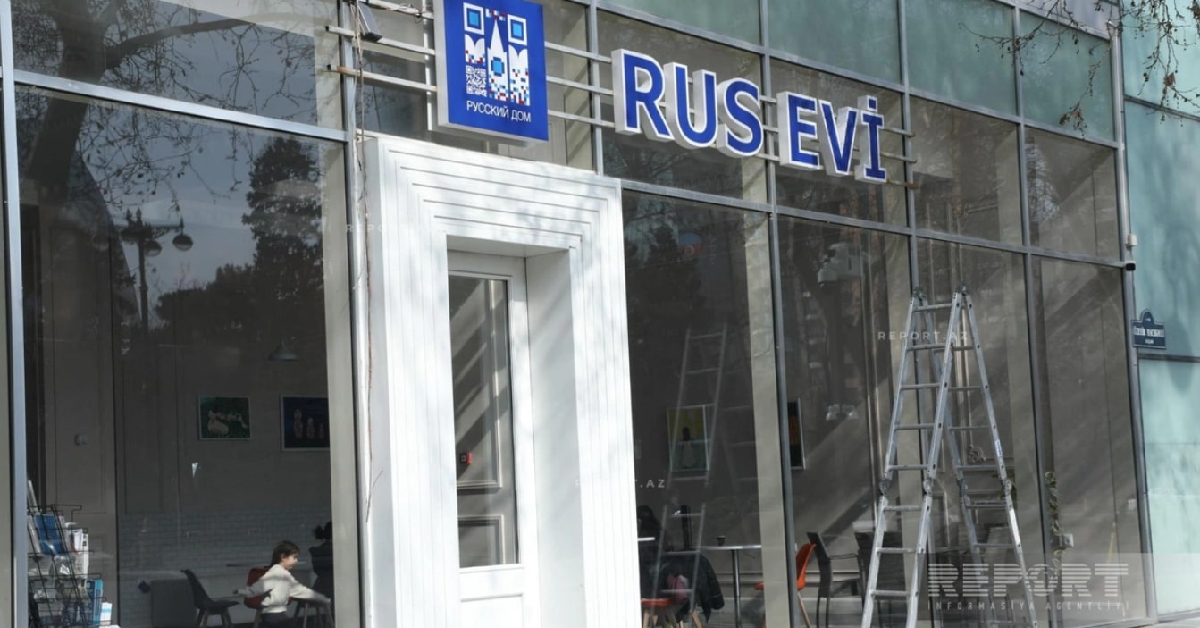“GEGHARD”
SCIENTIFIC ANALYTICAL
FOUNDATION
2026
2026
2025-02-13

Russian-Azerbaijani relations have always fluctuated and despite close cooperation in various fields, tensions occasionally arise in these relations.
The conclusion of the official investigation into the crash of the “Azerbaijan Airlines” aircraft near the city of Aktau, Kazakhstan, on December 25, 2024, has led to another escalation in Russian-Azerbaijani relations. Moscow and Baku have simultaneously summoned each other’s ambassadors.
The publication of the official investigation results in the Azerbaijani media has sparked anti-Russian sentiments. Despite Russian President Vladimir Putin’s apology for the plane crash, Azerbaijani President Ilham Aliyev has directly accused Russia. Official Baku is preparing to file a lawsuit against Russia in an international court regarding the destruction of the AZAL airline aircraft.
According to Azerbaijani media, the doors for dialogue with Russia remain open on this issue, but Moscow must “explicitly acknowledge its guilt and take responsibility.” At the same time, Baku has officially notified the Russian side of its decision to close down the “Russian House” operating under the “Rossotrudnichestvo” agency in Azerbaijan.
In January 2025, the head of the Rossotrudnichestvo agency, Yevgeny Primakov, threatened legal action against the Azerbaijani Baku TV channel. He referred to a broadcast by the state-affiliated media outlet, filmed in front of the Russian Cultural Center in Baku. The Azerbaijani journalist described the Russian House as a “den of spies and separatists,” which angered Primakov. He emphasized that the TV channel is funded by the Azerbaijani authorities, stating, “Now let Baku TV prove that this activity constitutes espionage or is in any way illegal.”
Nikolai Valuev, an MP from the United Russia faction in the State Duma of the Russian Federation, commenting on the escalation of Russian-Azerbaijani relations following the crash of the Azerbaijani aircraft and the closure of the Russian House in Azerbaijan, stated that Moscow’s response should be reciprocal. Valuev proposed shutting down Azerbaijani diaspora organizations in Russia, restricting Azerbaijani businesses, deporting Azerbaijanis living illegally in the country, and sending legally residing Azerbaijanis to the front lines, among other measures.
On February 10, 2025, it was announced that Nikolai Valuev had been banned from entering Azerbaijan. According to the spokesperson of Azerbaijan’s Ministry of Foreign Affairs, the Russian MP made offensive and threatening statements against the Azerbaijani people and state. As a result, his name was added to Baku’s list of undesirable persons.
Against the backdrop of the prevailing anti-Russian sentiment in Azerbaijan, Russian experts, however, believe that Russia-Azerbaijan relations have reached the highest level of alliance. This was also facilitated by Russian President Vladimir Putin’s state visit to Baku on August 18-19, 2024, which was his eighth official visit.
Overall, the Russian-Azerbaijani agenda encompasses a broad spectrum of cooperation, including political, trade and economic, humanitarian, and military spheres. The strengthening of bilateral relations was further reinforced by the Declaration on Allied Interaction, signed by Vladimir Putin and Ilham Aliyev in the Kremlin in February 2022, which consists of 43 clauses.
The oil and gas industry plays a crucial role in Russia-Azerbaijan relations. Bilateral ties in this sector have strengthened further during the Russia-Ukraine war, especially after Moscow halted gas exports to European countries following the imposition of Western sanctions.
During this period, Azerbaijan signed an agreement with the European Union, increasing its gas exports to European states that were left without Russian gas. At the same time, Baku and Moscow concluded a trade agreement, under which Russian gas supplies to Azerbaijan began. According to the document signed between Gazprom Export and SOCAR, Russia’s Gazprom supplied 1 billion cubic meters of gas to Azerbaijan by March 2023.
However, alongside such close cooperation between the two countries at the state level, public sentiment within Azerbaijani society occasionally shifts in the opposite direction. Even in Azerbaijani media publications, there are instances of historical distortions. For example, Rizvan Huseynov, the director of the Caucasus History Center in Baku, stated that the term “Russo-Persian Wars,” known in history, does not accurately reflect reality and should be renamed the “Russo-Azerbaijani Wars.”
Anti-Russian sentiments in Azerbaijan became more apparent after the 44-day Nagorno-Karabakh war in 2020, when Russian peacekeepers were deployed in Artsakh.
Russian experts note that Azerbaijani media often have a Russophobic stance. In 2022, the Russian Ambassador to Azerbaijan also spoke about the anti-Russian sentiments in Azerbaijani media, stating, “We have repeatedly had to draw the attention of the Azerbaijani authorities to the anti-Russian hysteria in local media.” In this context, the claim by former Azerbaijani Ministry of Foreign Affairs official Tamerlan Vagabov is also noteworthy, as he argued that the anti-Russian campaign in Azerbaijan is part of a well-elaborated state strategy.
It is important to emphasize that Azerbaijan, which has almost consistently expressed dissatisfaction with Moscow’s policy, is a leader among the countries of the South Caucasus and Central Asia in terms of the number of Russian-language media outlets. There are 50 Russian-language printed publications and 7 news agencies in Azerbaijan.
Although bilateral cooperation between Russia and Azerbaijan continues to develop at the official level, driven by political and economic interests, it is evident that there is currently a lack of trust within Azerbaijani society toward Russia, which periodically becomes a volatile issue.